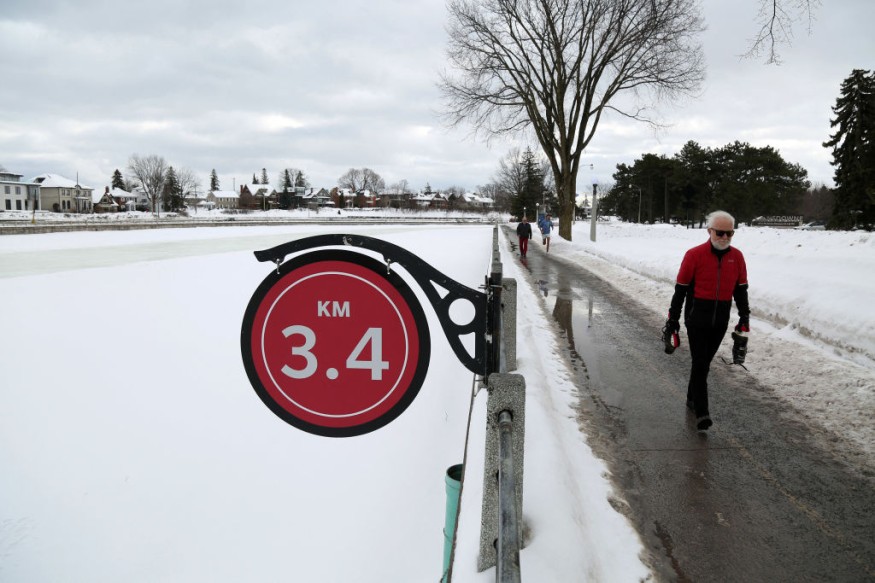The latest weather report said that rare thundersnow was unloaded in Southern Ontario this week as the spring season comes near.
While Canadians are no longer strangers to challenging weather conditions, the colder temperatures, freezing rain and snow could still cause travel headaches and concerns.
Since the beginning of March, parts of Canada have experienced challenging snow conditions that have resulted in slower commutes and travel disruptions.
Rare thundersnow in Southern Ontario
In the latest news weather, The Weather Network reported that a rare occurrence of thundersnow hit parts of Southern Ontario this week (Wednesday).
The Weather Network added that the rare thunderstorm also struck parts of southern Ontario on March 3.
Furthermore, the report explained that the occurrence of thundersnow could be due to the effect of the Great Lakes, as rainy and snowy conditions occurred in parts of Ontario this week.
Meanwhile, CBC Canada's recent report said freezing warnings are issued in parts of Hamilton.

The report said that Environment Canada reported freezing rain could unfold in Hamilton. Freezing temperatures could result in challenging colds, including hypothermia and frostbite.
On the other hand, Global News Canada reported that freezing rain is also forecast in Southern Ontario this week.
The weather report showed that the freezing rain could reach Southern Ontario, with temperatures are expected to reach the freezing mark.
How to prepare for severe weather snow conditions
Although the spring season is in the air, severe weather conditions could still cause travel concerns and challenging weather.
Canadians are used to severe and challenging weather. However, the snow conditions, especially thundersnow, could raise travel hazards and safety.
Here are essential reminders for homeowners and motorists during severe thundersnow or snow conditions.
Keep updated with snow updates and weather reports
Get Prepared Canada emphasized the importance of knowing the weather conditions.
Keeping updated with the weather is helpful for homeowners and communities to anticipate the possible impact of snowstorms and winter storms.
Having multiple sources of information would help communities would be helpful.
Travel hazards and slower commutes
Heavy snow could become more problematic for homeowners and motorists. There is a high chance that the heavy snow could result in reduced road visibility, slipper commutes and more travel hazards.
While on the road, motorists should drive slowly and maintain a traveling distance to avoid the hassle of the severe weather system.
It is best to stay at home to avoid being stranded on the road. Slower commutes and travel disruptions are possible.
Emergency kits inside your car and home
Meanwhile, the Canadian Red Cross advised the importance of emergency kits in case of emergency during severe snow and winter storms.
It serves as a life-saver during severe winter storms. Keeping emergency kits is helpful for homeowners and motorists.
Here are the recommendable emergency winter kits:
- Battery-powered flashlight
- Battery-powered radio
- Extra batteries
- Extra winter clothes
- Bottled water
- Non-perishable goods
- Small shovel
- Medicine kits
For more similar, don't forget to follow Nature World News.
© 2025 NatureWorldNews.com All rights reserved. Do not reproduce without permission.





